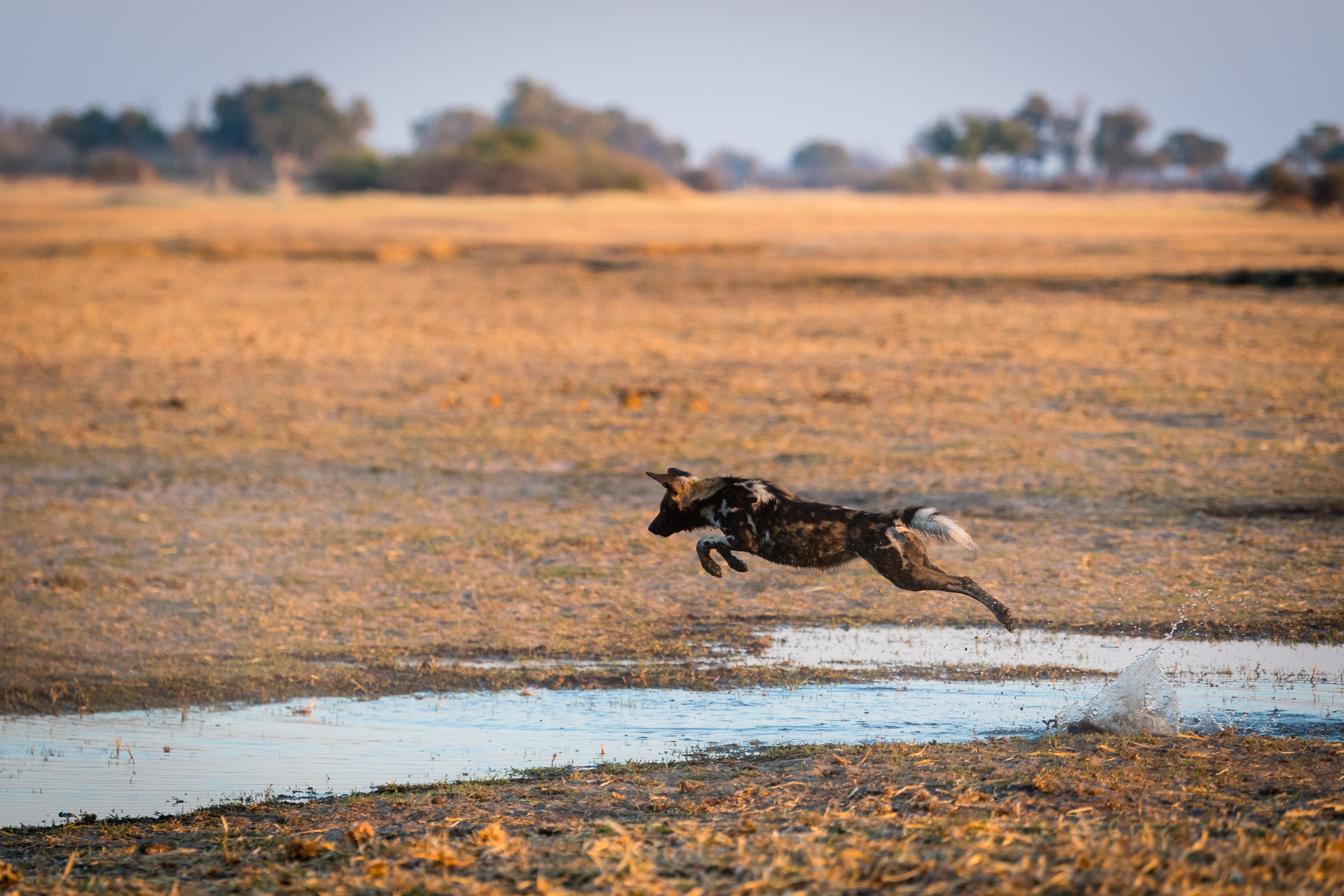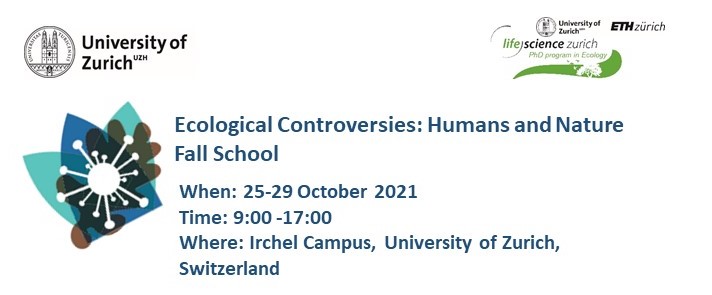Fall 2021
Bayesian Thinking and Ecology Workshop
This workshop brought together scientists from ecology and statistics, and to give insights into specific applications of Bayesian statistics to ecological questions.
Experts from ecology and statistics led group projects to apply Bayesian statistics to ecological questions. Students worked in small groups to tackle provided datasets, created questions, performed analyses and presented results. Lecturers spoke to students about how they apply Bayesian statistics to their work, and provided toolbox sessions on key techniques.
Students were taught the similarities and differences between classical/frequentist and Bayesian approaches to common ecological problems. They learnt to apply Bayesian methods in new and creative ways.
Spatial Dimension in Animal Management and Conservation
 Understanding how animals respond to human-induced degradation and fragmentation of suitable habitats is critical for developing appropriate management and conservation plans. New technologies have made it possible to collect animal location data and remotely sensed environmental data at finer spatial and temporal scales. This workshop provided participants with a quantitative toolset to leverage these data sources so that they can address emerging questions in the field of animal movement ecology. For further information see here (PDF, 17 MB)
Understanding how animals respond to human-induced degradation and fragmentation of suitable habitats is critical for developing appropriate management and conservation plans. New technologies have made it possible to collect animal location data and remotely sensed environmental data at finer spatial and temporal scales. This workshop provided participants with a quantitative toolset to leverage these data sources so that they can address emerging questions in the field of animal movement ecology. For further information see here (PDF, 17 MB)
Ecological Controversies: Humans and Nature Summer School
The theme of the summer school was "Controversies in Ecology: Humans and Nature". Now and again, ecologists shake off any reputation as tree- hugging, always-getting-along-well, aligned-in-cause. Instead, they get involved in a good ‘ole disagreement, flinging barbs back and forth in the journals, and elsewhere. We will consider controversies that the address the biological and cultural relationships between people and their environments as well as classical ecological controversies. Students developed a deep understanding of a number of controversies, probed the role of controversies for diverse impacts of research. For further information see here (PDF, 248 KB).
